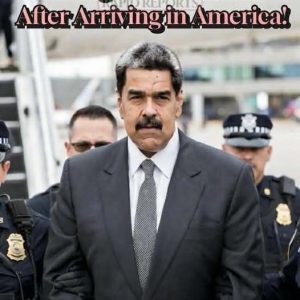President Donald Trump’s executive order linking anti-Semitism enforcement to immigration policy has sparked intense national and international controversy. The order authorizes visa revocation or deportation for international students who participate in protests deemed “anti-Israel,” raising concerns that it conflates political expression with hostility toward Jewish communities. While supporters frame the policy as a protective measure for Jewish students, critics argue that it criminalizes dissent, chills speech, and dramatically expands presidential authority. The directive arrives amid widespread campus activism over the Israel-Palestine conflict, and many view it as an attempt to curb political criticism by weaponizing immigration law.
Universities now face the difficult task of reconciling federal mandates with the preservation of student rights. The order instructs federal agencies to identify noncitizen students who “advocate, aid, or support” activities categorized as anti-Semitic, yet provides vague definitions that could include peaceful protest, social media posts, or academic discussion. Immigration attorneys warn that this ambiguity opens the door to deportation without due process, while institutions risk losing federal funding if they fail to comply with investigations. As a result, campus leaders report heightened anxiety among international students, many of whom have withdrawn from political activities to avoid jeopardizing their status.
Civil rights organizations, academic associations, and several foreign governments have condemned the order as an assault on free speech and academic freedom. Groups such as the ACLU and the AAUP argue that the policy mirrors tactics used by authoritarian regimes to silence political opposition. Supporters, however, claim the measure responds to a genuine rise in anti-Semitic incidents and is necessary to protect Jewish students. The sharp divide reflects broader political tensions over the balance between combating hate and preserving open debate.
Beyond legal and political implications, the human impact is significant. International students increasingly report feeling surveilled and unwelcome, while faculty observe reduced participation and fewer student-led events. The order threatens the U.S.’s global reputation as a destination for academic freedom and cultural exchange, raising fears that future immigration restrictions could target additional forms of activism. As lawsuits proceed and public scrutiny grows, the controversy underscores a larger national question: whether the right to dissent will be upheld for all residents, regardless of citizenship.





